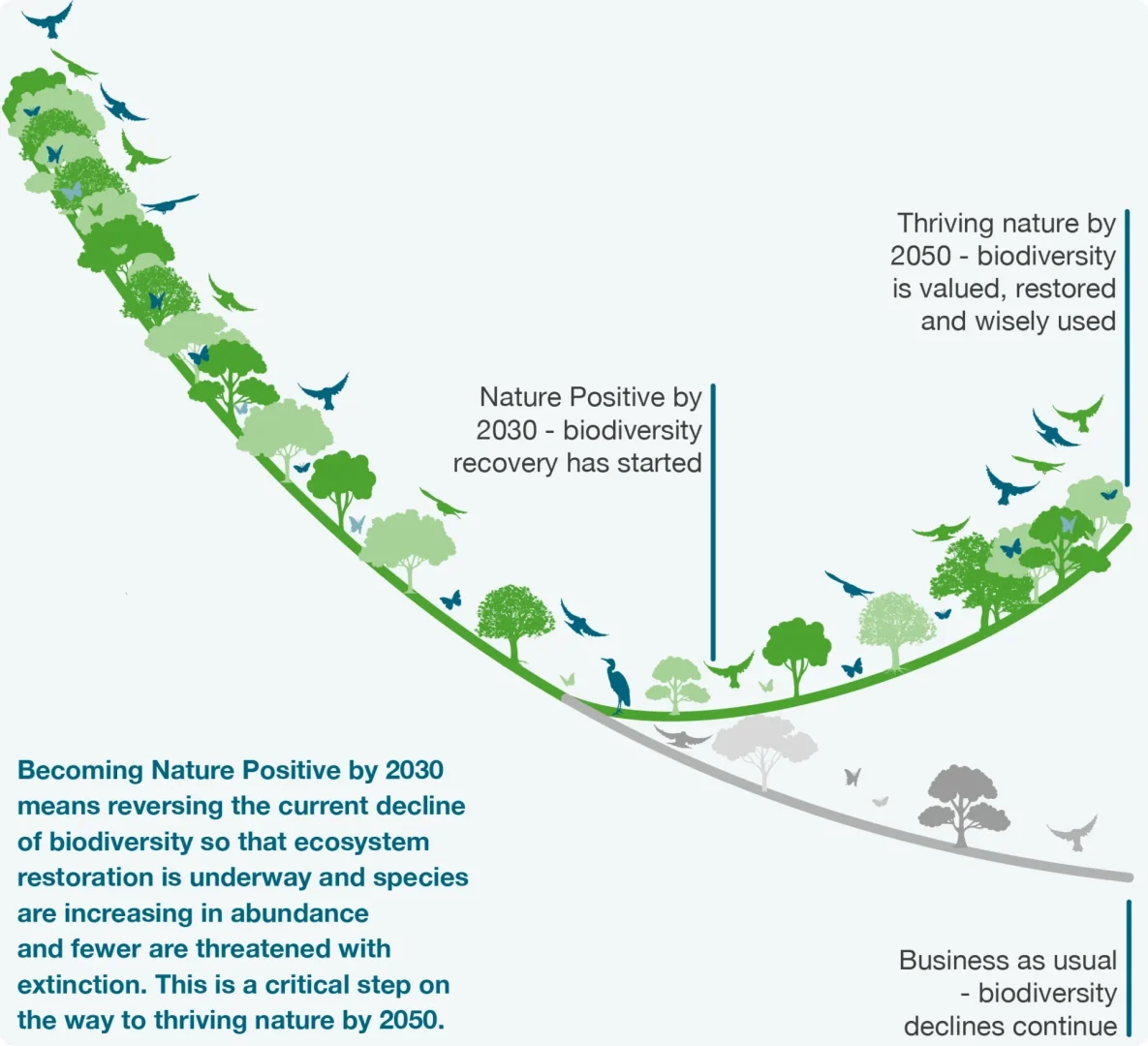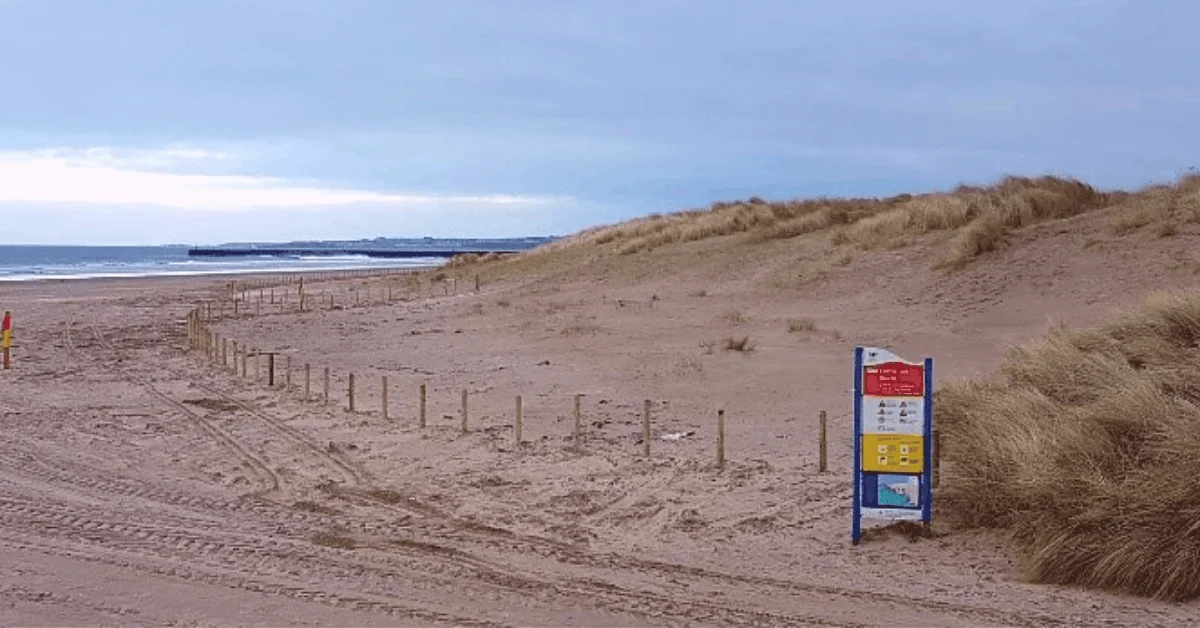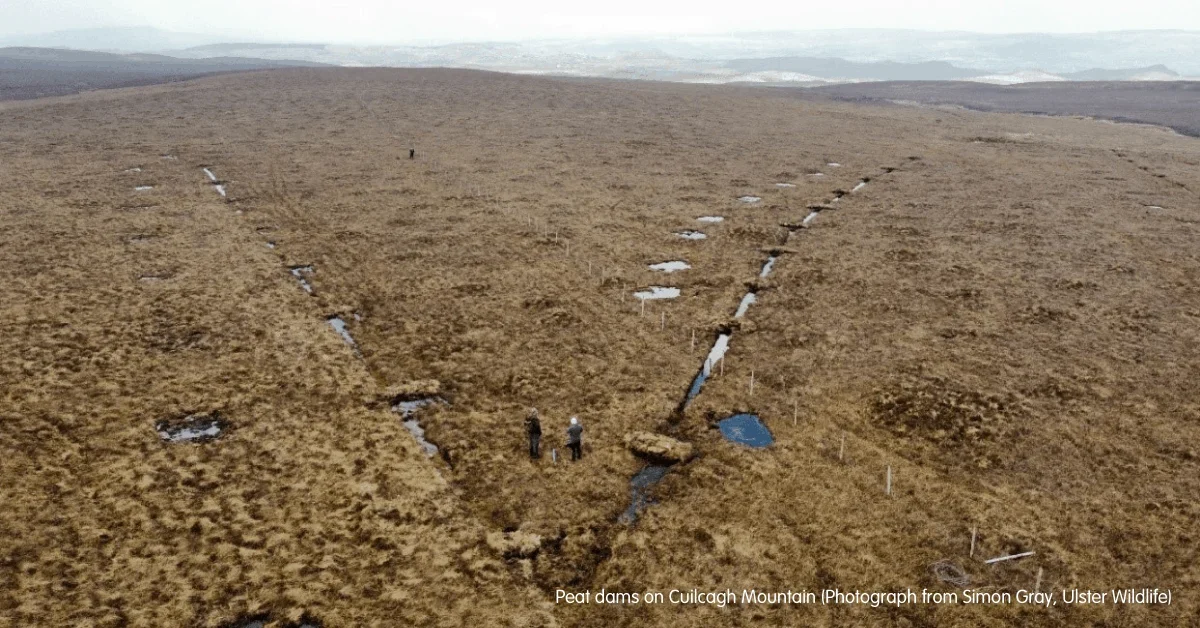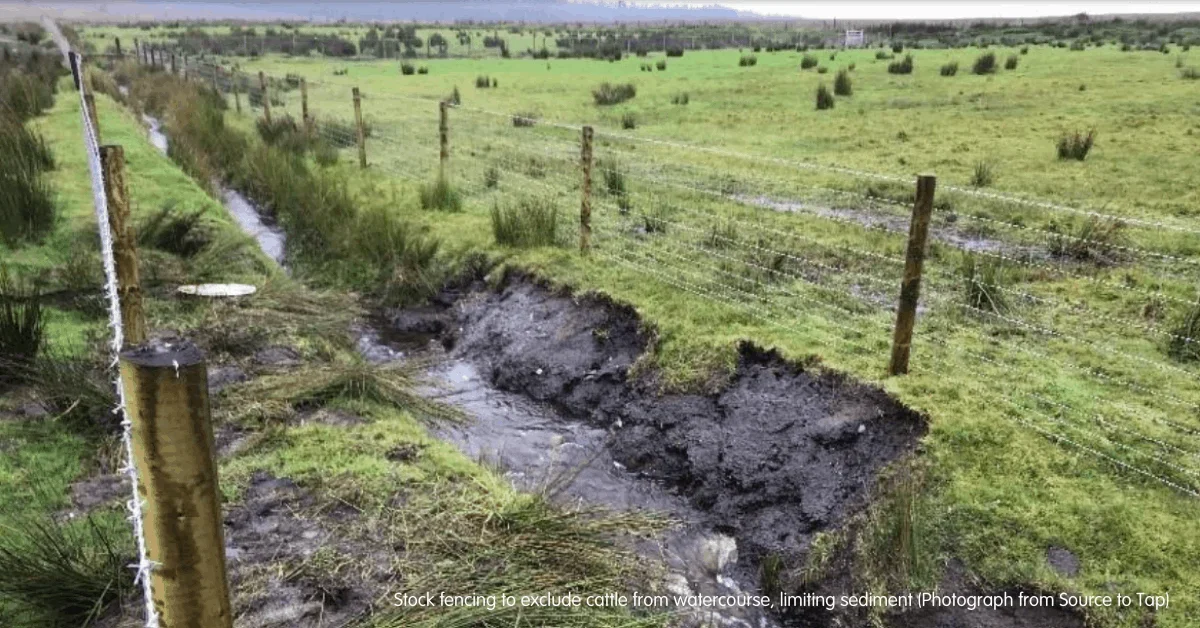
Northern Ireland’s Healthy Relationship With Seaweed
Northern Ireland has a long history of finding amazing ways to use seaweed. However, we now understand how important seaweed is in ecological terms and how it can help in the fight against climate change.






